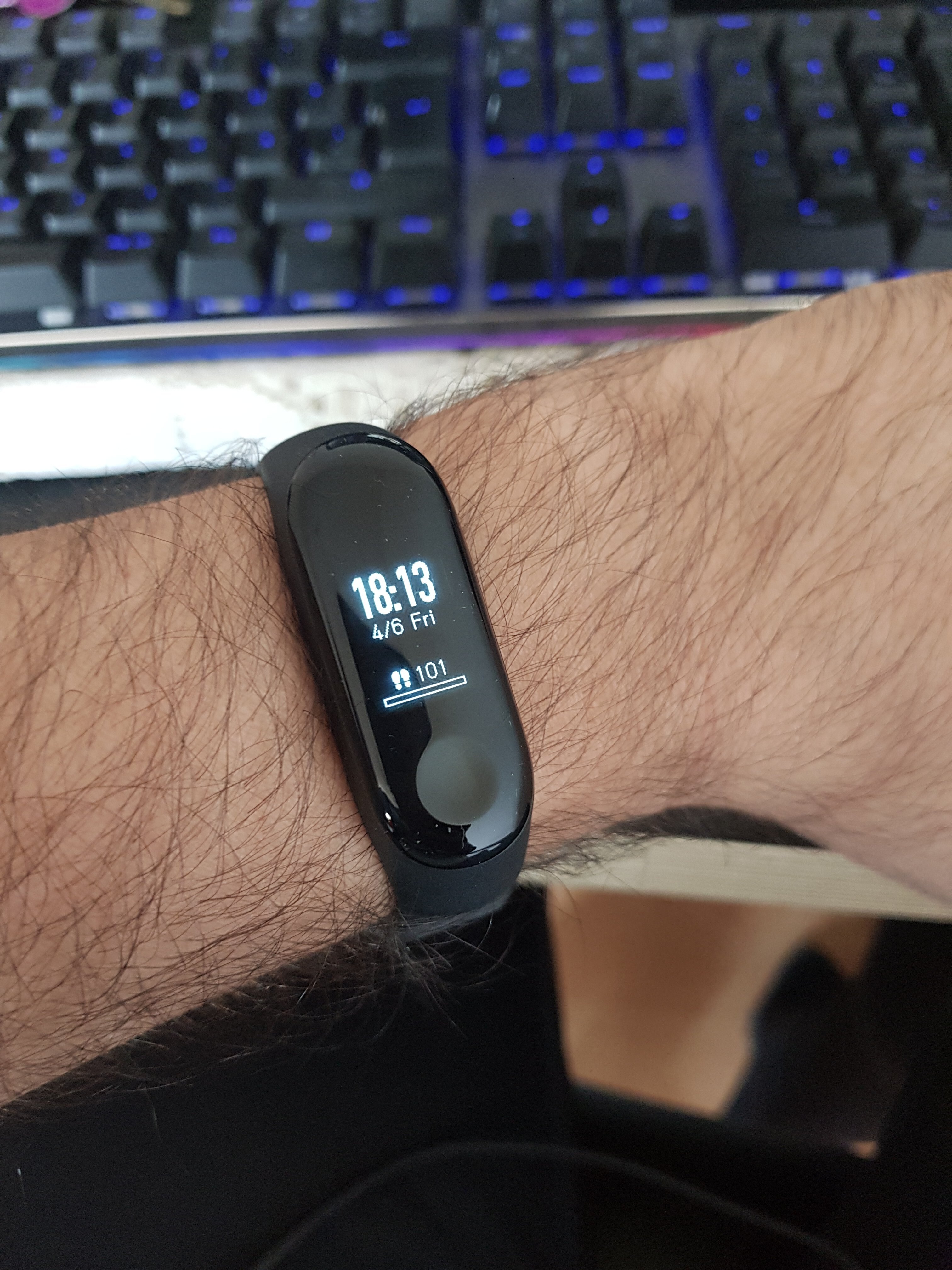
Count calories, stay fit, and pay lower insurance premium
You can stay fit for a premium discount, for insurers are keen to incentivise you to remain healthy, particularly during the pandemic

Last month, Reliance General Insurance (RGI) announced a one-time 5% discount on its insurance plan for people who get vaccinated against COVID. The discount applies to new customers as well as existing Reliance Health Infinity Insurance policy owners who take the vaccine — including people who have taken only one jab yet.
Health insurance companies have for long been giving their customers discounts and rewards such as gym memberships based on the ‘wellness points’ collected by them. But the pandemic has substatially increased the popularity of such schemes.
Customers can collect ‘wellness points’ by staying fit, that is, by exercising or walking for a certain period every day. The amount of wellness points a customer has to achieve to get rewards is decided by the company itself.
Regulatory guidelines
On September 4, 2020, the Insurance Regulatory and Development Authority of India (IRDAI) issued guidelines on wellness and preventive features. Insurers have to disclose the process, and state the criteria for awarding those points. The guidelines also stipulate that the cost of administering those features be mentioned in the prospectus.
Also read: 74% of Indian workers want flexible work options: Microsoft survey
Health insurance companies use data collected from different wearables to measure wellness points. Wearables like Apple Watch and MI bands have various health trackers which measure the heart rate, number of steps walked and blood sugar levels, among others.
Apart from these, insurance companies rely on fitness apps like Google Fit and Fitbit to track the fitness of customers. Based on the number of steps walked or the amount of calories consumed in a certain period, the insurance companies give rewards to the customers.
Wearables sales zoom
Interestingly, according to research firm International Data Corporation (IDC), the Indian wearables market grew 170.3% year-on-year to a record 11.4 million units in the March 2021 quarter. Wearable watches saw the fastest growth in the first quarter, at 463.8%.
This stat, combined with data from the Max Life India Protection Quotient 3.0 (IPQ 3.0), Max Life’s flagship survey, conducted in partnership with Kantar, shows that a large number of urban Indians are now focusing on their fitness. They would be interested in using apps that would allow them to get incentives in insurance premiums, the data reveal.
According to the IPQ 3.0 survey, 71% of urban Indians pay attention to health and fitness, while 30% adopt wearables and other fitness devices. The consideration of a health app is the highest in the North Zone, at 64%, followed by 60% in the West, 58% in the South, and 50% in the East. People said they’d be interested in using an app that enables discounts on premiums in response to positive health and wellness patterns.
Marketing push
Sahay Kamalji, former MD and CEO of Star Union Dai-ichi Life, said: “Even though this health policy of giving incentives to the people is very beneficial to the people, it has achieved average progress. The main reason behind this being not a huge success is that this is not aggressively marketed by the companies.”


